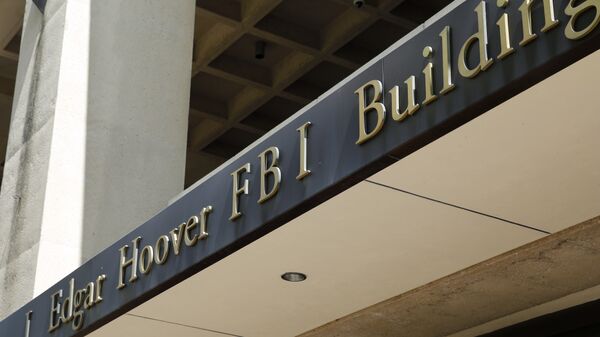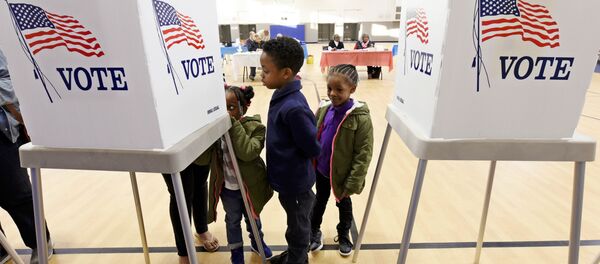In particular, the sources accused alleged "Russian agents" of using automatic computer programs (bots) that filled social networks with links to positive stories about Donald Trump when he started to lose in the election race against Hillary Clinton.
"The bots' end products were largely millions of Twitter and Facebook posts carrying links to stories on conservative internet sites such as Breitbart News and InfoWars, as well as on the Kremlin-backed RT News and Sputnik News," the website wrote, referring to the sources.
Russia has repeatedly denied the accusations of the US intelligence agencies over its alleged involvement in the US election campaign. Kremlin spokesman Dmitry Peskov called them absurd and did not exclude that it was another attempt to demonize Russia.
On Monday, FBI Director James Comey and NSA Director Admiral Michael Rogers testified in front of the House Intelligence Committee on the alleged Russian interference in the US presidential election.
Comey also said that the FBI's investigation into the alleged Russia's interference in the US election campaign that started in July is still underway.
The Russophobia trend has become especially evident in the fake news campaign that is designed to counter alleged Russian propaganda. In November 2016, the European Parliament voted in favor of a resolution, which said that Sputnik and RT posed a danger to Europe's unity and called for extra European Commission funding for counter-propaganda projects. It also drew a parallel between the Russian media and the propaganda disseminated by Daesh, a jihadist group outlawed in Russia and numerous other states.




